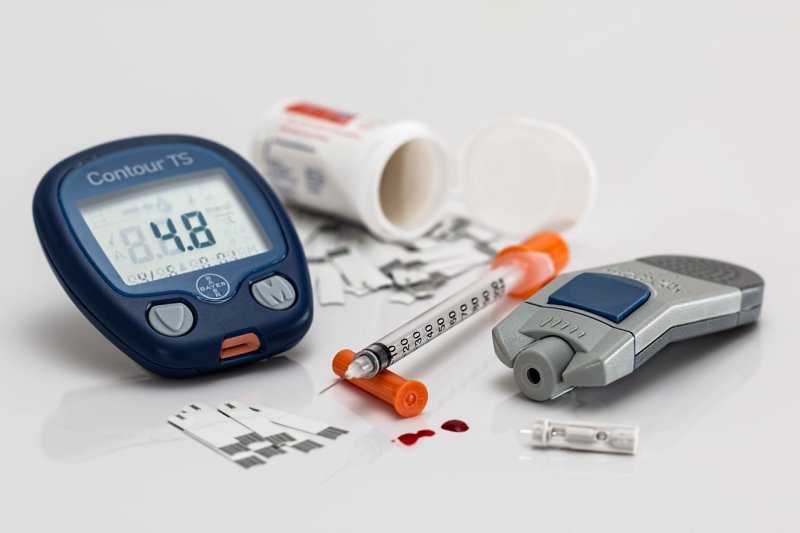A study conducted in Britain found diabetics have double the chance of developing cataracts than the general population. Photo by
stevepb/pixabay
Feb. 5 (UPI) -- Diabetics have twice the risk for developing cataracts as the general population, according to a new study conducted in Britain.
Researchers at Anglia Ruskin University in England examined medical records collected from 2005 to 2015 of 56,510 patients in Britain who were 40 and older. In the study, published in the journal Eye, a cataract was diagnosed at an overall rate of 20.4 per 1,000 people, compared to 10.8 per thousand among the general population.
People between the ages 50 and 54 were 5.7 times more likely to develop cataracts, and those between 45 and 49 were 4.6 times more likely to develop cataracts.
The data, from the Clinical Practice Research Datalink, covers about 7 percent of the population in Britain.
"This is an interesting example of how a very large primary care dataset of electronic patient data, in this case the Clinical Practice Research Datalink, can be used to investigate risk factors for eye disease," said co-author Rupert Bourne, professor of ophthalmology at Anglia Ruskin University's Vision and Eye Research Unit in a release.
People develop cataracts as they get older. In the United States, as of 2010, 2.5 percent of people 40-49 have cataracts, compared with 36 percent of those 70-74, 49.5 percent of those 75-79 and 68.3 percent of those 80 and older, according to the National Eye Institute.
In a previous study by the Vision Loss Expert Group, cataracts accounted for significant vision loss or blindness in 65 million people worldwide.
"This is only the second such report on cataract incidence in the UK's diabetic patients since the 1980s and it further emphasizes the importance of the NHS Diabetic Eye Screening programs in early identification and treatment of diabetic eye disease to prevent sight loss," Bourne said.















